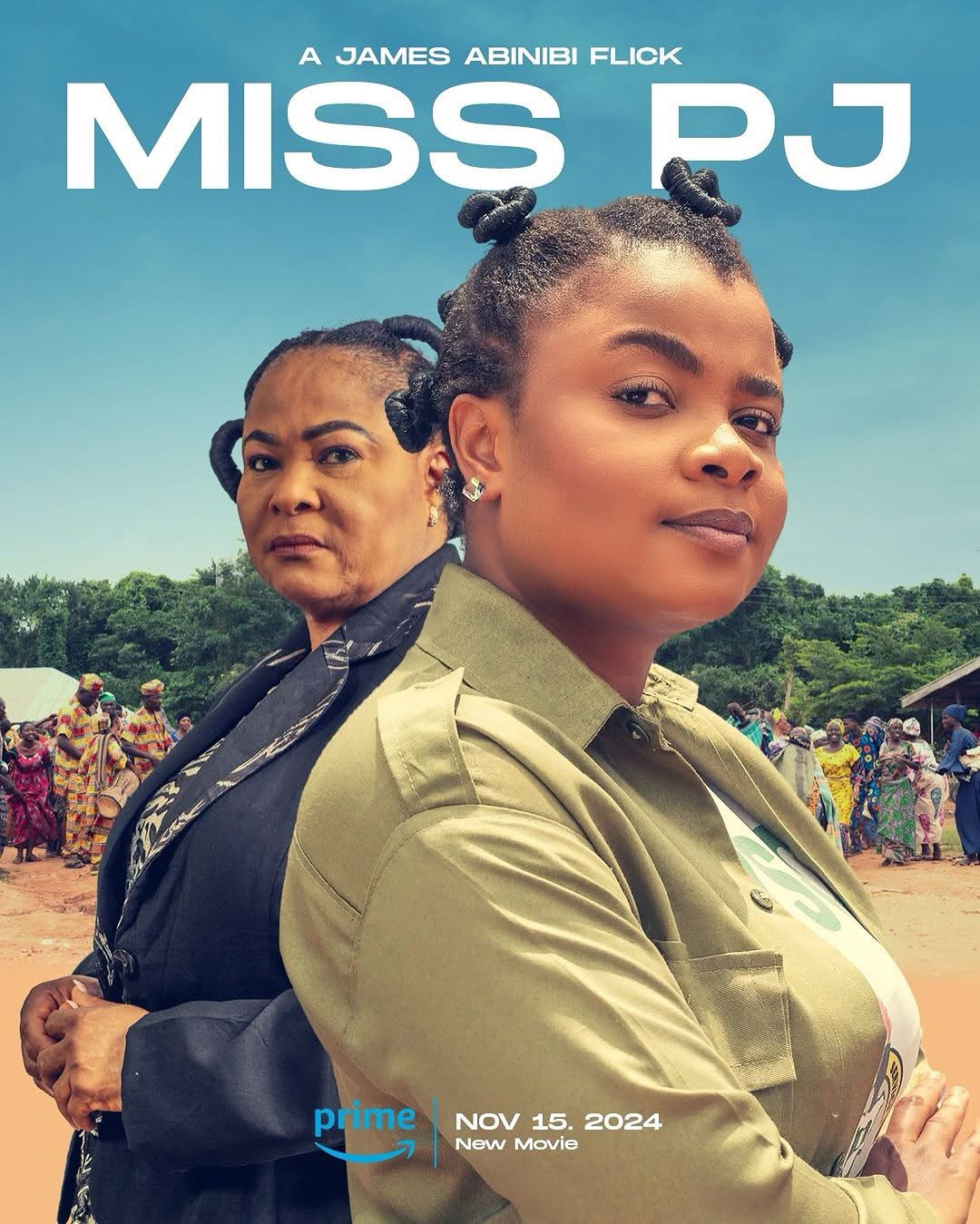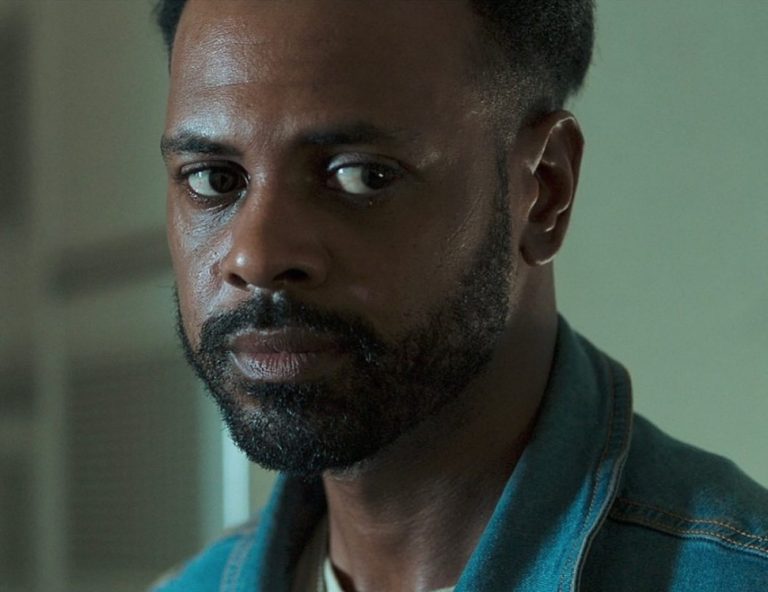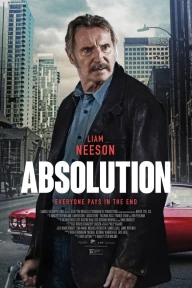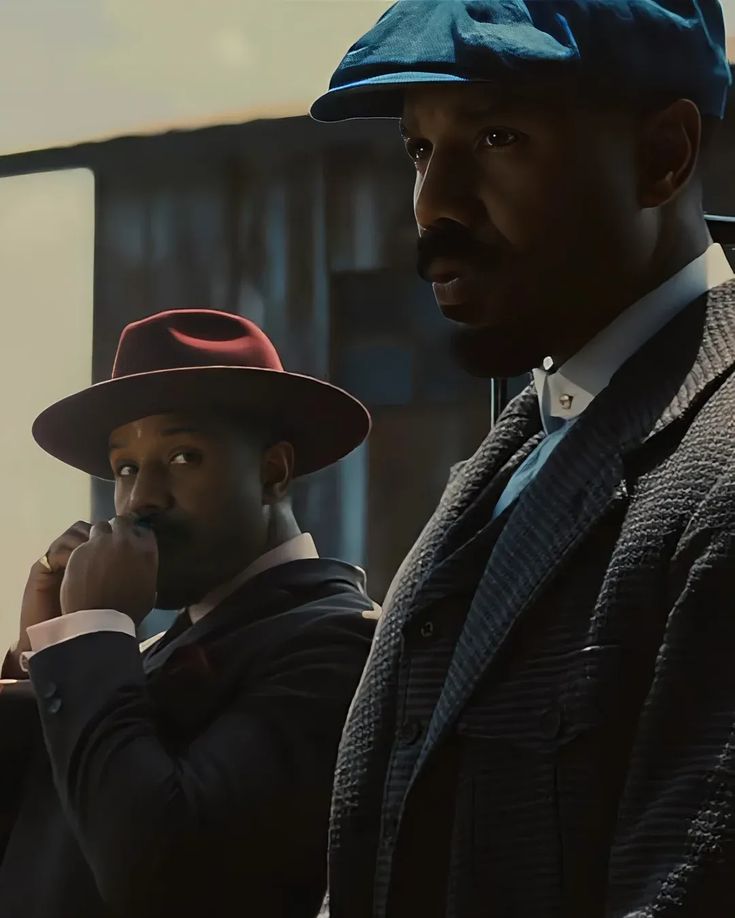Miss PJ Watch guide3 (1)
From the stables of James Abinibi’s Rockbottom Studios comes Miss PJ, a film that ventures into the territory of corruption, heroism, and the fight for justice. Its premise explores the intrigue surrounding corps members navigating unfamiliar environments, setting the stage for what could have been a captivating story.
Bimbo Ademoye, Ibrahim Chatta, Charles Okocha, Sola Sobowale,
Director:
James Abinibi
Writer:
James Abinibi
Release date: November 15, 2024
There is an undeniable allure to Nollywood stories centred on Nigeria’s National Youth Service Corps (NYSC) programme—a fascinating mix of drama, cultural clashes, and self-discovery. When such narratives delve into rural village settings, they often promise gripping explorations of societal challenges through the lens of youthful ambition.
Miss PJ attempts to explore themes of corruption, ambition, and sacrifice through the experiences of a youth corps member in a rural Yoruba village. The film juxtaposes Miss PJ’s determination to protect her students with the village’s moral decay but struggles to maintain coherence.
Themes of heroism and societal rot are undermined by a lack of narrative depth. The film relies heavily on expository dialogue and theatrical monologues, leaving little room for meaningful interactions or subtext.
The storytelling approach is inconsistent, shifting between a first-person narrator and a third-person perspective that focuses on Miss PJ’s life in excessive detail. While the story is introduced through the voice of a narrator, the film unfolds primarily from Miss PJ’s perspective, creating a scattered narrative that fails to align with its chosen point of view. This inconsistency diminishes the impact of the themes and weakens the story’s overall cohesion.
The plot revolves around a young woman deployed to a rural village for her National Youth Service. There, she uncovers a series of mysterious deaths among her students. Her investigation reveals a conspiracy involving the school principal’s husband, who performs ritual sacrifices in his bid to become the village king, with his wife complicit in the acts.
Despite its intriguing premise, the plot is riddled with inconsistencies. While the film does a commendable job of misdirecting the audience to suspect the wrong people, critical moments, such as the lack of scrutiny into Festus’s behaviour, feel underdeveloped. Coincidences—like a student spotting Feyi/Funke from a tree—undermine the tension. The climax relies on implausible resolutions, including Miss PJ’s sudden triumph and an abrupt police intervention. These flaws disrupt the narrative flow, making the story feel contrived and unconvincing.
The technical elements fail to enhance the film’s impact. Cinematography struggles to deliver a cohesive visual experience. While there are attempts at dynamic shots, they often feel jarring, and the transitions lack fluidity, exacerbated by inconsistent editing.
Lighting and direction also detract from the film’s quality. Poor lighting in night scenes diminishes the mood, while inconsistent direction leads to moments of forced theatricality. The final act leans heavily on stage-like performances, which undermine the film’s thriller aspirations and leave it feeling disjointed and technically unpolished.
Sound design is another weak point. Ambient sounds—such as students clattering, splashes of water, and sharpening iron—are included but poorly executed. Their mechanical and misplaced integration creates a sense of artificiality that pulls viewers out of the story.
The performances in Miss PJ highlight a mix of ambition and inconsistency.
Bimbo Ademoye, in the titular role of Miss PJ, demonstrates sincere effort in portraying the character’s optimism and determination. However, her performance is hindered by linguistic challenges that undermine authenticity. As a Yoruba actress playing an Igbo character, her dialogue delivery reflects a Yoruba-English literal translation, exposing a lack of attention to linguistic nuances in both performance and direction.
This linguistic struggle disrupts the believability of Miss PJ’s identity as a non-Yoruba character, even though she speaks Igbo sparingly.
Sola Sobowale, as Mrs Adeyemi, delivers the necessary drama and authority her role demands. However, her performance feels predictable; her casting as a villain mirrors previous roles in King of Boys and Soole, reducing the element of surprise.
Chris Iheuwa, as the antagonist Mr Adeyemi, fails to convey the sinister presence the role demands. His performance lacks emotional intensity, and his monologues are weak and unconvincing, diminishing the stakes of the narrative. Charles Okocha, as Corper Festus, delivers a flat and one-dimensional portrayal of a predatory teacher, lacking the menace or depth to make the character impactful.
The supporting cast, including Kunle Afolayan as the Local Government Chairman and Ibrahim Chatta as Ifabiyi, is functional but unremarkable. Feyi/Funke (Mirah Balogun) suffers from inconsistent direction, oscillating between victimhood and narrative convenience, leaving her character underdeveloped.
The acting is further hindered by weak direction, which fails to establish a cohesive tone. While the theatrical style might work in specific contexts, it clashes with the film’s thriller ambitions, particularly during climactic scenes.
Ultimately, the cast shows glimpses of potential, but the performances are constrained by inconsistent guidance and weak storytelling.
Miss PJ had the foundation of a promising narrative but falters in execution. The story, while not inherently bad, is poorly told, with scattered perspectives undermining the audience’s engagement. The decision to frame the narrative through Feyi—or is it Funke?—only adds to the confusion.
The inconsistency in the narrator’s name is indicative of the film’s broader struggles with coherence. By the time the audience decodes who Feyi/Funke is, the narrative focus feels misplaced. This lack of structural clarity robs the story of the impact it could have had.
In the end, Miss PJ is a poorly executed film that fails to deliver on its premise, marred by unconvincing performances, amateurish technical work, and a storyline that collapses under its own contradictions.
Available links for download
Article credit: Daniel Nsa






